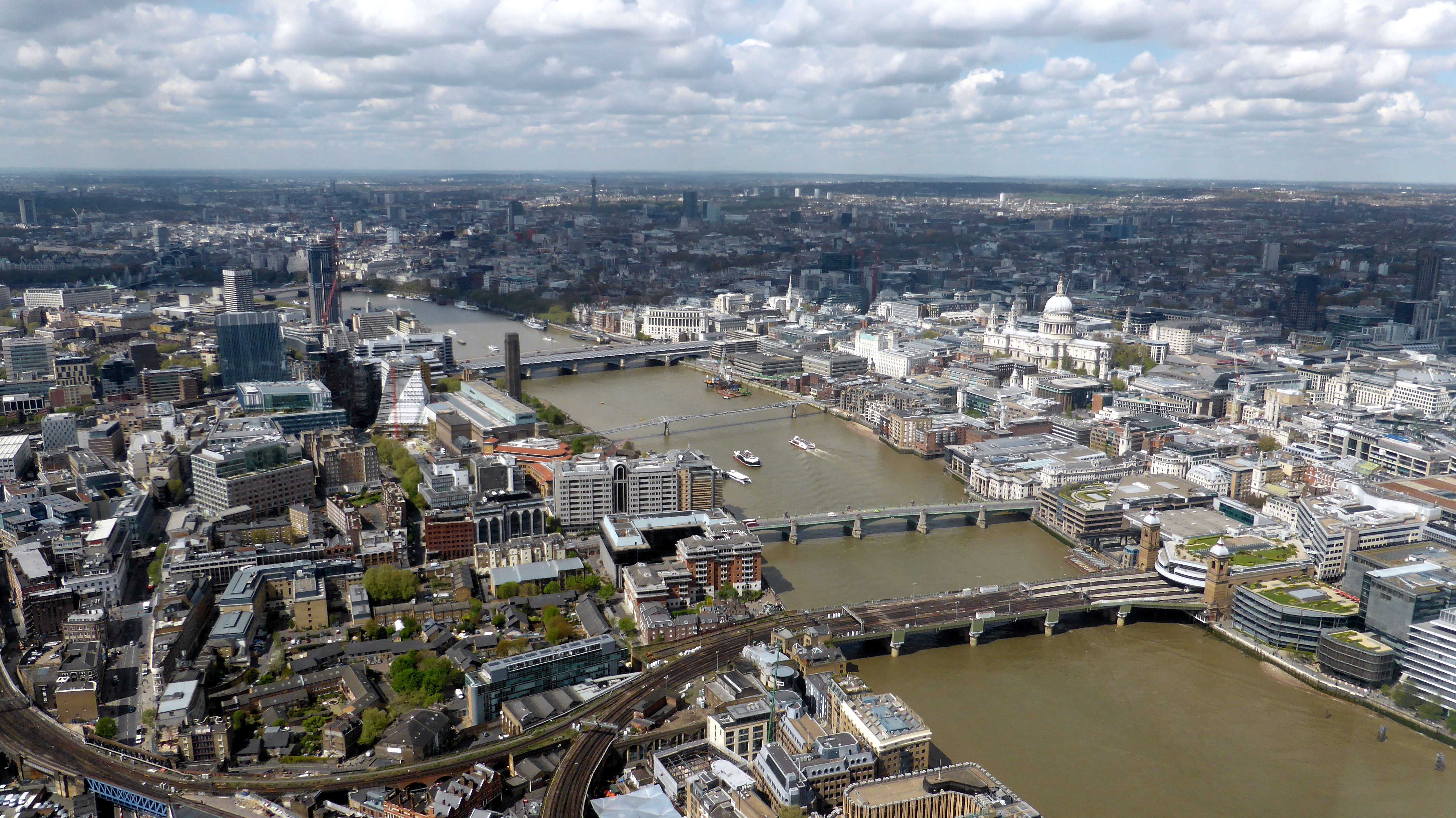Try Though They Will, We Can’t Let Moderates Water Down the Green New Deal
by Abel Harvie-Clark
1 July 2019

In February 2019, Alexandria Ocasio-Cortez’s plan for a ‘Green New Deal’ broke into the US political mainstream. Since then, organisers from the Sunrise Movement and Justice Democrats have taken advantage of the crowded field of Democrats seeking the 2020 presidential nomination. Candidates from across the political spectrum have now declared their support for the Green New Deal, from democratic socialist Bernie Sanders through to moderates like Kamala Harris and Cory Booker.
We are now seeing a similar trend within the UK Labour party. On the party’s left, Jeremy Corbyn and Rebecca Long-Bailey have begun to talk about the Green New Deal alongside Labour’s ‘Green Industrial Revolution’. At the same time, the mayor of London Sadiq Khan – a more moderate figure – has given his support to the Green New Deal ahead of London Climate Action Week. In a video posted to Twitter last week, he committed “to making London a zero-carbon city” and called for a government-funded Green New Deal “to insulate buildings, to decarbonise our transport networks and create new high-quality, high-skilled green jobs.”
Khan’s pledge to make London zero-carbon is a welcome one. But while the mayor of London’s support for the Green New Deal may sound good, his words don’t match up to his actions. Khan has consistently backed airport expansion despite long-term campaigning by environmentalists against locking more carbon emissions into the UK economy. He is also currently subject to a legal challenge by minicab drivers for pushing the cost of air pollution onto workers through his ‘ultra-low emissions zone’ which will see congestion charges hiked for disproportionately BAME drivers, pushing them further into poverty pay. Supported by the Independent Workers Union of Great Britain (IWGB), drivers blocked roads every Monday for weeks earlier this year in protest at Khan’s false solutions to London’s air pollution problem.
The point is this: the Green New Deal is not just about government spending on limited infrastructure and green jobs. It must be about keeping fossil fuels in the ground, dignity and prosperity for workers across the economy, and racial justice at every level. While the Labour left’s record on climate is far from perfect, Khan’s record fails on all three of these criteria, and shows little sign of improvement.
Garnering the support of moderates may be less immediately concerning for campaigners in the US, where a full resolution with which to hold high-profile supporters to account has already been laid out. But in the UK these principles are still being developed, and the risk of moderates co-opting and watering down the Green New Deal is higher.
The recent flurry of declarations of ‘climate emergency’ in the UK has shown a resurgent desire to state commitment to doing something about climate breakdown. But often this is not associated with meaningful action. We can’t allow the Green New Deal to be hollowed out to become little more than a superficial slogan used by liberal politicians with no intention of delivering on its core principles.
So what should a Green New Deal look like? It must be about a total transformation of the economy through huge investment and regulation. It must be about putting power back into the hands of workers and communities over their own economic futures and what the transition means for them. It must redress the historic responsibilities the UK has to countries in the Global South most impacted by climate breakdown. It must redress the racial injustices embedded in the UK’s economy.
We are likely to see more attempts in the coming months to water down these radical ambitions and make the Green New Deal palatable to politicians primarily concerned by their re-election. To push back, we need to make sure the development of the Green New Deal is firmly in the hands of workers and affected communities. In the UK, this looks like trade unions working with campaigners to develop decarbonisation plans that are both just and ambitious. Internationally this means reforming global economic policy-making architecture, as John McDonnell has proposed, so the Global South sets the pace of the transformation.
The scope and scale of the Green New Deal must not be set by slick politicians delivering pronouncements from City Hall or parliamentary offices. When politicians like Khan adopt the Green New Deal as a slogan without accountability to those leading on it, we should call them out. The Green New Deal is not a cover for the continuation of “business as usual”. It is nothing if not a fundamental challenge to what moderate politicians represent.
Abel Harvie-Clark is a youth climate striker and spokesperson for Labour for a Green New Deal.